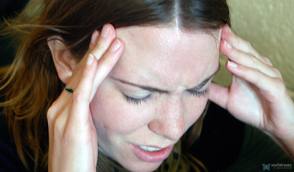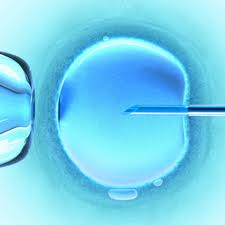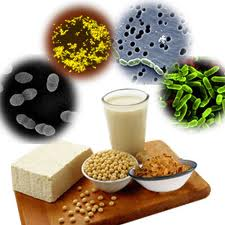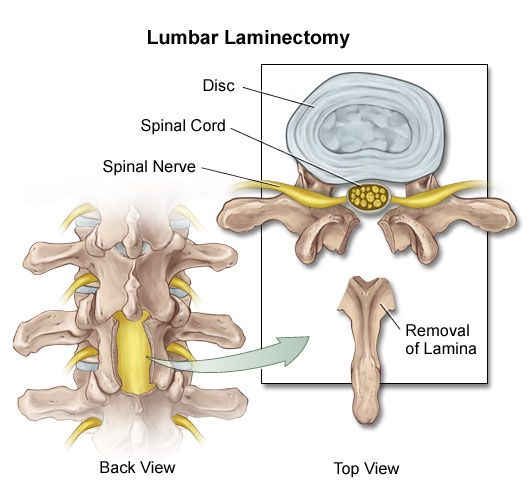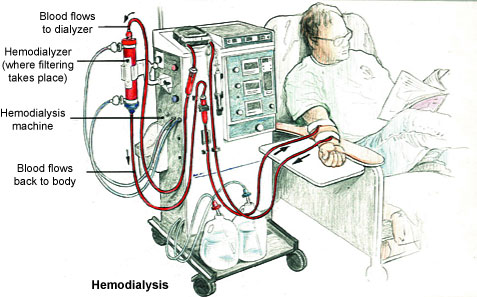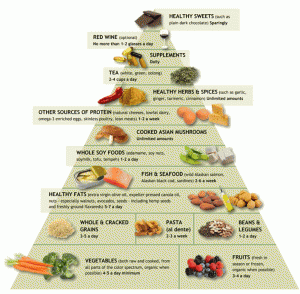Sinus headaches: Sinus headaches are associated with a deep and constant pain in the cheekbones, forehead, or bridge of the nose. The pain usually intensifies with sudden head movement or straining and usually occurs with other sinus symptoms, such as nasal discharge, feeling of fullness in the ears, fever, and facial swelling. Continue reading

